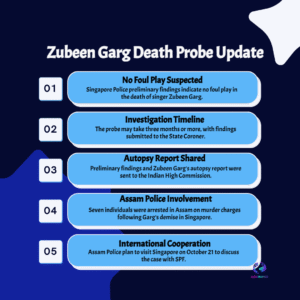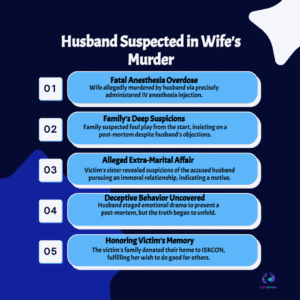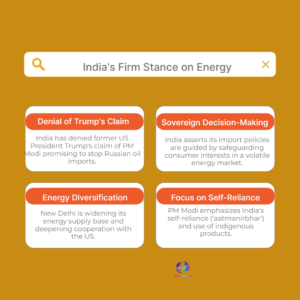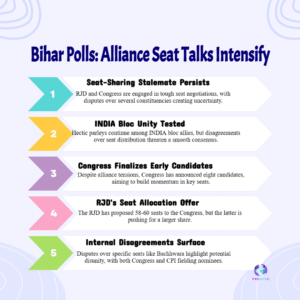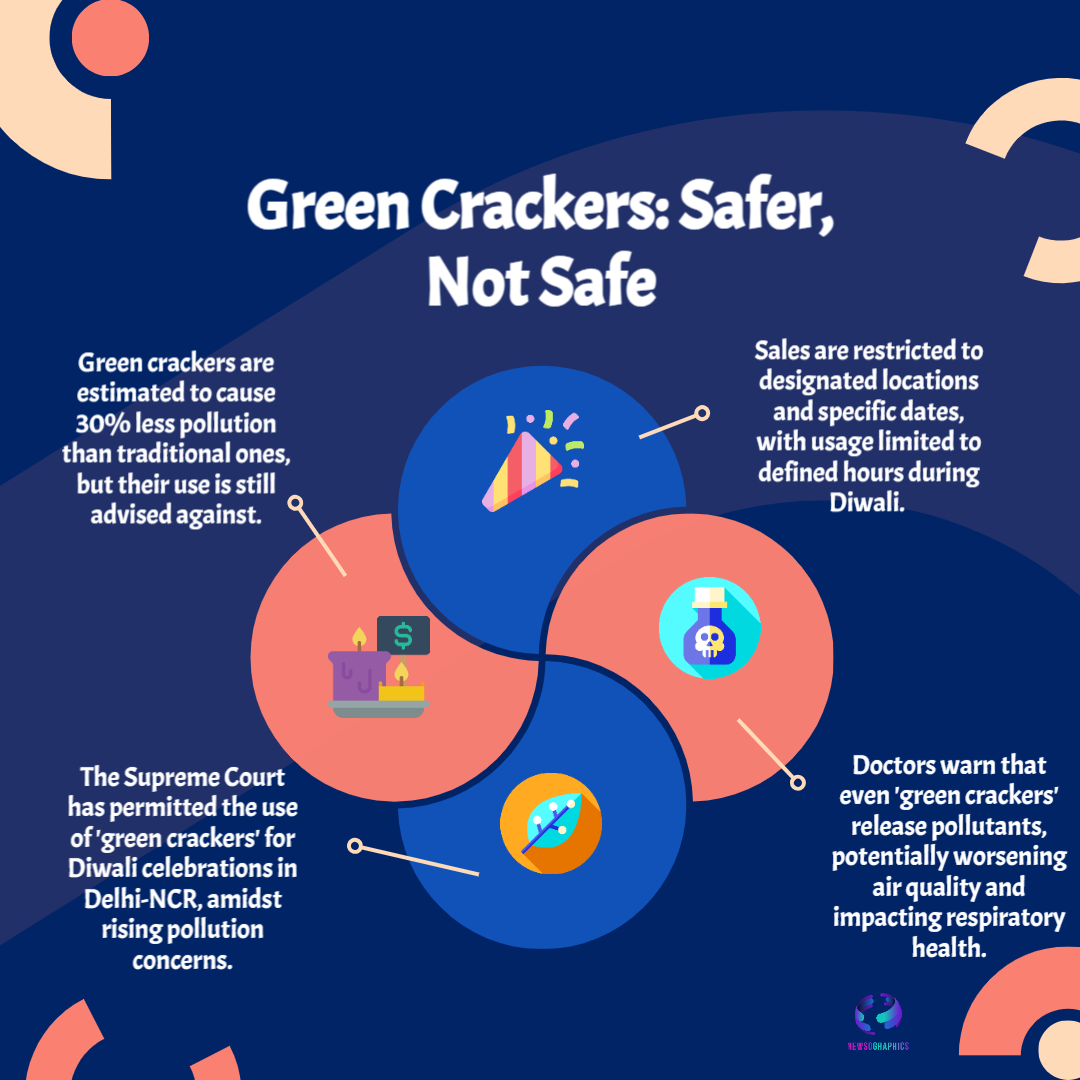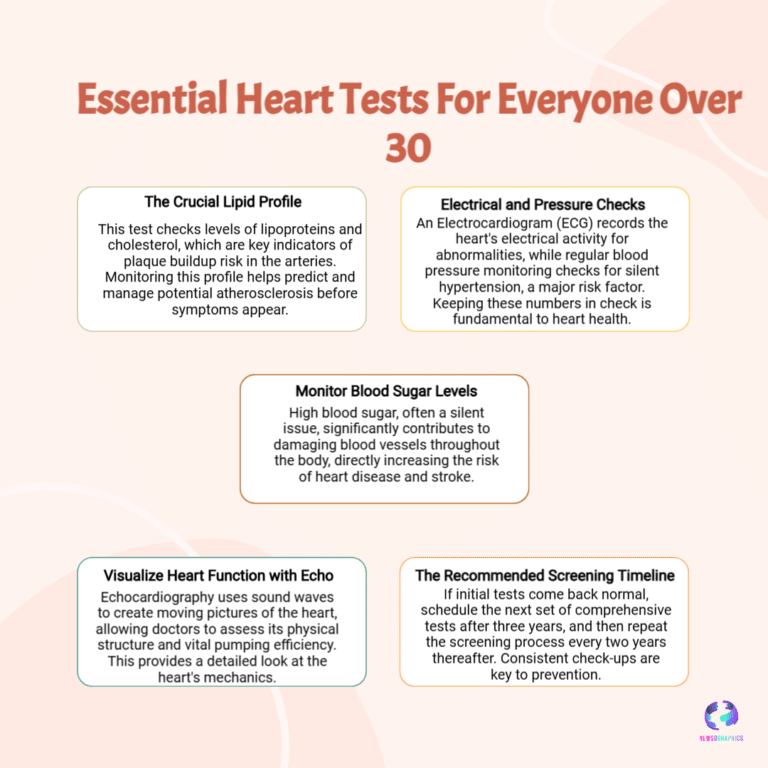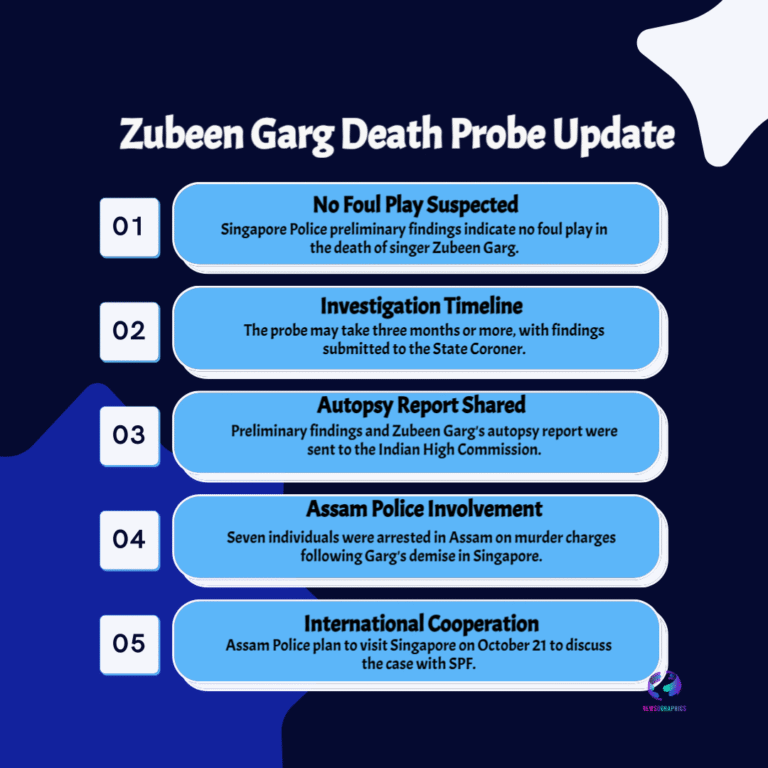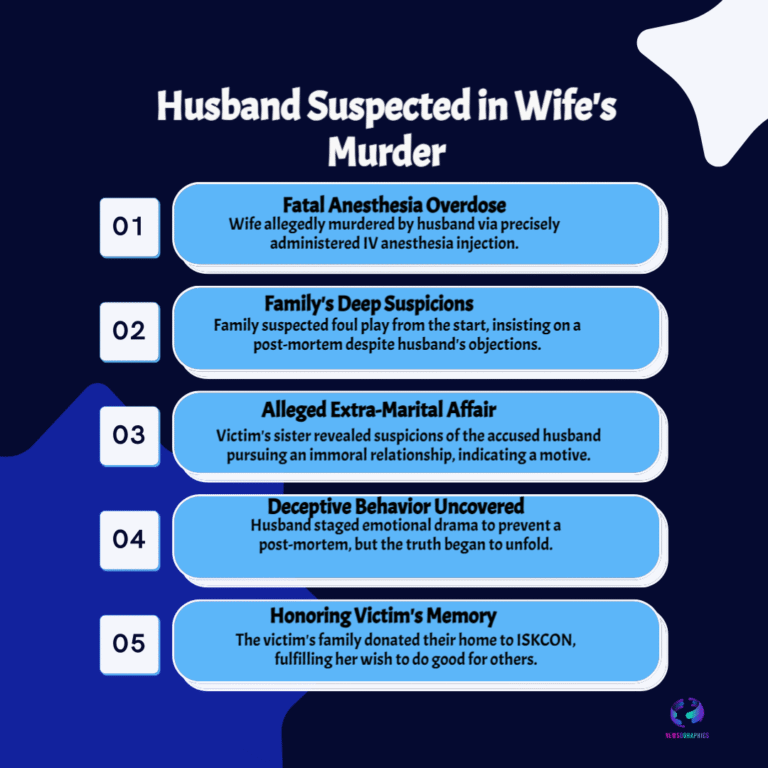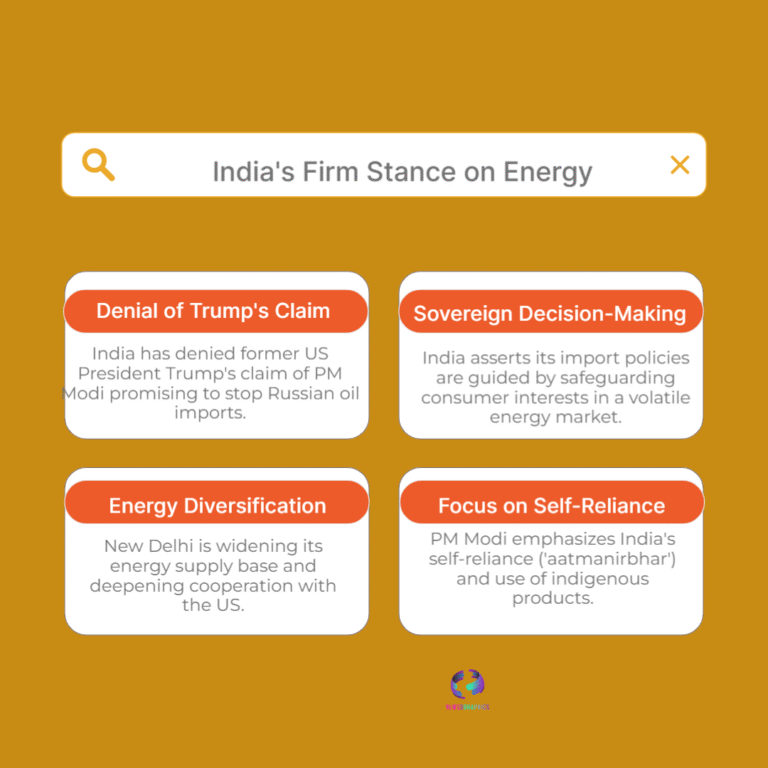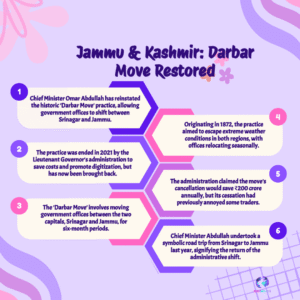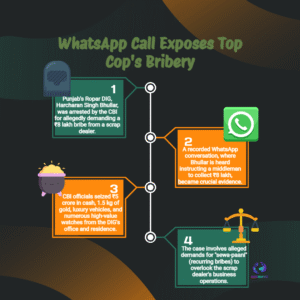An Apollo Hospital senior consultant warns that green crackers reduce but do not eliminate pollution, urging restraint after the Supreme Court permitted limited sale and bursting in Delhi-NCR ahead of Diwali. Read health risks, timing rules and expert advice.
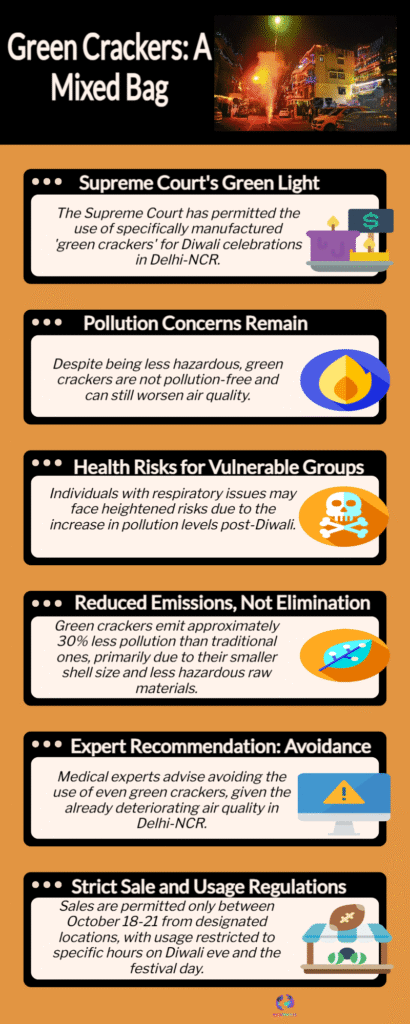
After the Supreme Court granted limited permission for sale and bursting of green crackers in Delhi-NCR, medical experts cautioned that these eco-friendly firecrackers are not pollution-free. Dr S. Chatterjee, senior consultant at Apollo Hospital, said green crackers generate about 30% less particulate pollution than conventional crackers but still add to ambient PM and can worsen respiratory symptoms in vulnerable groups. He urged residents — especially people with asthma, COPD and children — to avoid bursting even green crackers and to prioritise a low-emission Diwali.
The apex court’s order allows sale between Oct 18 and 21 and restricts bursting to specified hours on the day before Diwali and Diwali itself; designated sale points will be identified by district magistrates in consultation with police. Local authorities in Delhi are coordinating with manufacturers, municipal agencies and police to enforce timings and sale locations.
Public-health experts stress practical harm: even reduced-emission crackers add to short-term spikes in PM2.5 and PM10, increasing emergency visits and aggravating chronic lung and heart conditions. Hospitals advise keeping medicines handy, using indoor air purifiers where possible, avoiding outdoor exertion during peak pollution hours, and checking local air-quality alerts. Environmental groups call for voluntary restraint, louder public-awareness drives and stricter enforcement of sale points to limit overall emissions.
For households planning Diwali celebrations, the safest choices remain community events with certified low-emission products, noise- and smoke-free festivities, or alternatives such as light displays and cultural programmes. Policymakers face the task of balancing cultural practices with public health — the court’s conditional permission shifts responsibility to local administrations and citizens to limit the festival’s health footprint.

